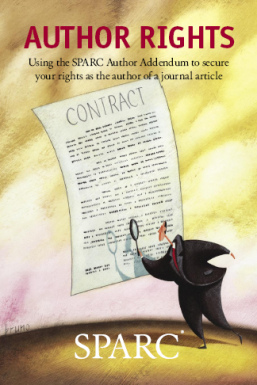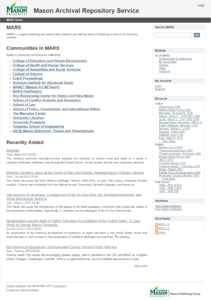To assist you in your research, from the grant writing phase through publication of your results, the University Libraries encourages you to register with ORCID to generate a unique identifier that can be tied to all your scholarship throughout your professional career.
What is an ORCID identifier and how does it help you?  Once registered (only takes about 30 seconds), you are assigned a persistent identifier (16-digit URI; e.g., https://orcid.org/0000-0002-1825-0097) that distinguishes you from every other researcher, including individuals with the same or a similar name. That is, ORCID serves as a registry that disambiguates names, specifically for researchers. Your unique identifier ensures that the research objects you produce (or have already produced), such as articles, reviews, datasets, media, experiments, lab notebooks, and more, are affiliated with your name and your name only.
Once registered (only takes about 30 seconds), you are assigned a persistent identifier (16-digit URI; e.g., https://orcid.org/0000-0002-1825-0097) that distinguishes you from every other researcher, including individuals with the same or a similar name. That is, ORCID serves as a registry that disambiguates names, specifically for researchers. Your unique identifier ensures that the research objects you produce (or have already produced), such as articles, reviews, datasets, media, experiments, lab notebooks, and more, are affiliated with your name and your name only.
For more detailed information, please see orcid.org or this short video “What is ORCID?” from ORCID on Vimeo.
Increasingly, an ORCID ID is required when submitting grant and patent applications, and it is useful at the outset of submitting manuscripts and peer reviews to a publisher. It can be affiliated with items and research data you deposit in the Mason Archival Repository Service (MARS) (or, for large data files, Dataverse) for long-term access and preservation. There is no limit to the records you create—ORCID is free.
ORCID uses APIs to support system-to-system communication and authentication, both to upload and export citation data. You may use your ORCID account as your digital research profile, with updated records pushed into ORCID by trusted individuals on your behalf. You have the option to make your profile as open or private as you like.
As a proponent of research stewardship, the University Libraries encourages the Mason community to create and use an ORCID ID.

 The
The 
